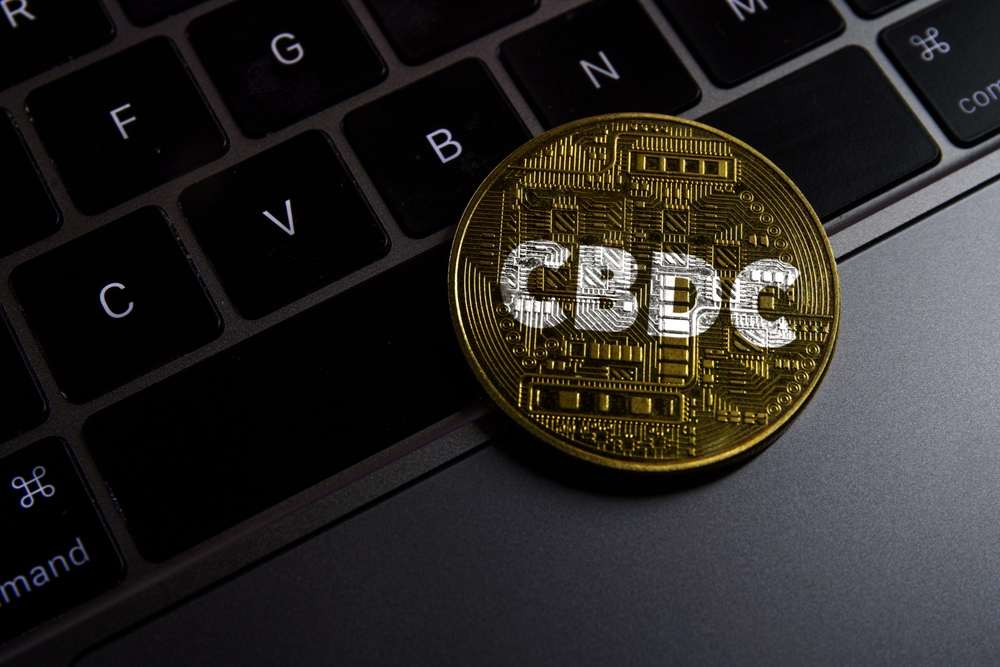Key Insights:
- State bills challenge CBDC’s classification, affecting U.S. digital currency laws.
- Tennessee, Utah, South Carolina, and South Dakota question CBDC’s legal status.
- Florida’s CBDC restrictions inspire similar state-level legislative actions.
The United States is witnessing a pivotal moment in the ongoing debate over the nature and regulation of digital currencies, as several state legislatures have introduced bills challenging the status of Central Bank Digital Currency (CBDC) as ‘money.’ This significant move in states such as Utah, South Carolina, South Dakota, and Tennessee could reshape the country’s digital currency’s future.
State Senator Frank Niceley has been at the forefront in Tennessee, introducing a bill on January 12 that seeks to amend the Tennessee Uniform Commercial Code (UCC). The UCC, a crucial legal framework governing commercial transactions, currently recognizes money as an authorized medium of exchange. Niceley’s proposal, however, specifically excludes any central bank digital currency from this definition.
States Take a Stand Against CBDC
The move in Tennessee is not an isolated case, as representative Tyler Clancy put forward House Bill 164 in Utah on January 4. This bill portrays CBDC as a digital form of money issued by government bodies, such as the U.S. Federal Reserve or foreign central banks.
The Utah bill aims to clarify that a CBDC is not considered legal tender in the state, excluding it from the state’s definition of money under the Utah Specie Legal Tender Act and the state’s UCC.
South Carolina and South Dakota have witnessed similar legislative efforts. South Carolina State Senator Shane Martin filed Senate Bill 861, echoing Tennessee’s approach to redefining money within the UCC. Similarly, a bill introduced by the Department of Labor and Regulation in South Dakota excludes CBDC from the state’s monetary definition.
These state-level initiatives reflect a growing skepticism and caution toward integrating CBDCs into the existing financial system. These bills, if passed, could create significant roadblocks to the adoption of CBDCs in the United States, challenging the federal government’s potential plans to introduce digital currencies.
Florida Leads the Way in CBDC Legislation
Florida has already set a precedent in this regard. Governor Ron DeSantis recently signed a bill restricting the state’s use of CBDCs. This legislation bans CBDCs issued by foreign governments and encourages other states to use their commercial codes to implement similar prohibitions.
The collective move by these states signals a critical juncture in the national conversation about the role and recognition of CBDCs. As the digital currency landscape continues to evolve, these legislative efforts underscore the complex interplay between innovation in digital finance and existing regulatory frameworks.
